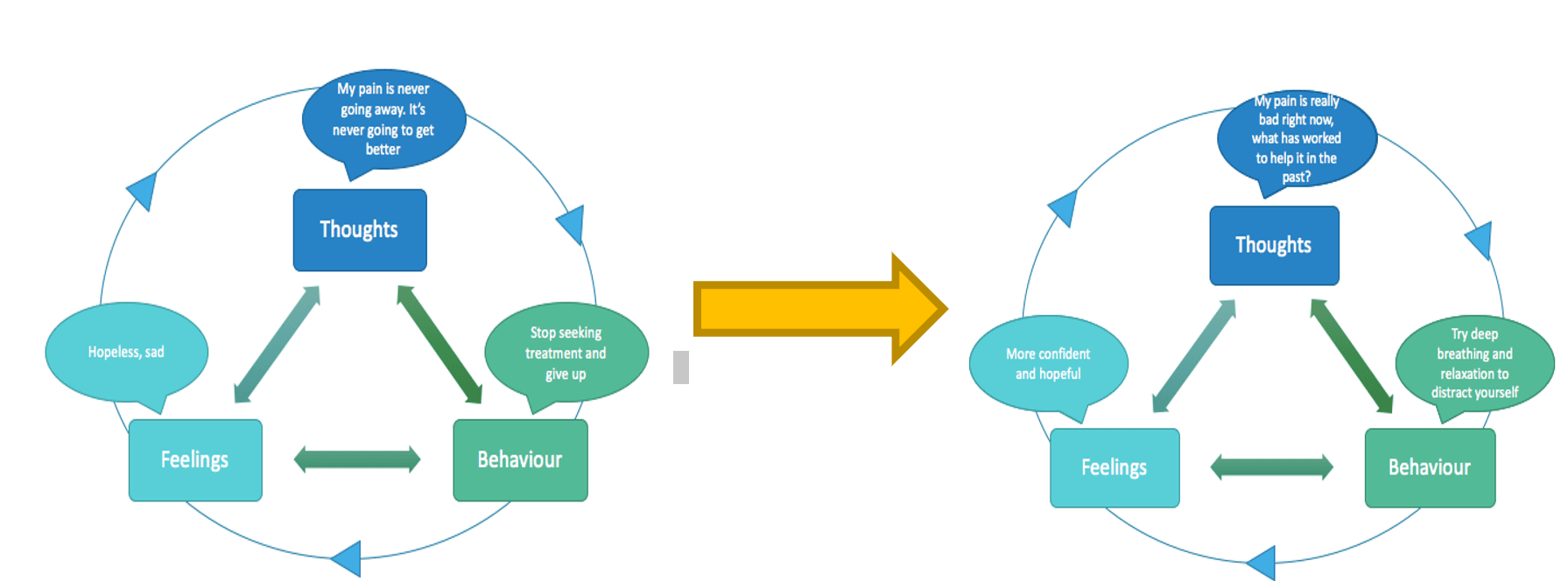*Please note: This post is sponsored by Lawson Health Institute.
Spinal cord injury (SCI) is a life-changing event, not just for the person who is injured, but also for their families, loved ones, and anyone involved in their care. Transitioning from being a family member or friend to taking on the role of a caregiver/care partner can be especially challenging. Unfortunately, research shows that care partners often neglect their own health, leading to negative outcomes. These can include high levels of stress, difficulty adjusting to their new role, poor quality of life, emotional strain, and strained relationships (Charlifue et al., 2016; Baker et al., 2017). On top of that, care partners are less likely to seek mental health support due to factors like stigma, time constraints, lack of transportation, and financial barriers. Given how crucial care partners are to the well-being of individuals with SCI, it’s essential they receive ongoing support as part of the broader healthcare system.
To address these challenges, psychological support has been recommended, with a focus on creating personalized interventions. One promising approach is internet-delivered cognitive behavioral therapy (ICBT), which adapts traditional therapy for online use. ICBT can help overcome common barriers to mental health care for SCI caregivers, such as limited access, stigma, and cost, by offering more flexible and affordable treatment options. It has already shown strong results in improving mental health and quality of life for people with conditions like chronic pain, fibromyalgia, tinnitus, and cancer.
At RehabPsych Lab at Lawson Research Institute and Western University, our team developed a tailored ICBT program called the Wellbeing Care Partners (WCP) Program. We worked closely with seven expert panel members—including people with SCI, SCI care partners, physicians, and researchers—to design this program specifically to meet the needs of SCI care partners. Our goal is to see if ICBT can improve mental health and quality of life for SCI care partners. We also want to gather feedback from participants to help refine the program for future use. This is one of the first studies in Canada to develop and test such a program for SCI caregivers.
The Wellbeing Care Partners Program
The Wellbeing Care Partners (WCP) Program is designed to help care partners of people with spinal cord injuries (SCI) improve their mental and emotional well-being. This program uses cognitive behavioral therapy (CBT) techniques to teach caregivers how to manage the stresses and challenges they face. The program includes five core lessons that help caregivers build skills to handle their thoughts, behaviors, and physical symptoms related to caregiving, depression, anxiety, and caregiver burden. Previous research has shown that mental health programs like this can reduce caregiver burden, ease depression, and improve the quality of life for SCI caregivers (Elliott & Berry, 2009). Ongoing studies on internet-delivered CBT (ICBT) also show it helps people gain more control over their well-being, boost their confidence, and return to living fulfilling lives.

Who Can Participate?
We’re inviting about 30 SCI care partners to join this study. Participants are being recruited from rehabilitation centers, community groups, and social media across Canada. To participate, you must be a care partner to someone with SCI and experiencing emotional distress, such as worry, fatigue, or loss of interest. If you’re interested in learning more or signing up, please get in touch with us!

What’s Involved?
If you decide to join the study, you’ll first complete an online consent form through Lawson REDCap. After that, a team member will contact you by phone to discuss your needs and determine if the program is a good fit. Once enrolled, you’ll get login details to access a 10-week guided ICBT program on a secure platform. The program includes weekly lessons on topics like managing thoughts and behaviors, activity pacing, assertiveness, sleep hygiene, and coping with pain. A trained guide will check in with you each week by email or phone to answer questions and offer support as you work through the lessons.
To help us assess whether the program is effective, you’ll complete questionnaires about your symptoms and quality of life before starting the program, at the end of the program, and three months after completing it. These questionnaires will take about 15-30 minutes. At the end of the study, we’ll also conduct an interview to gather your thoughts on the program and the results.
What Participants Have Said So Far
While the study is still ongoing, early feedback from participants has been very positive. Many caregivers have reported that the course was incredibly helpful in managing their emotional well-being. They’ve shared that they were able to apply the skills they learned in their daily lives. One participant shared:
“I felt inspired and excited to read other people’s experiences of caregiving. I have been in a caregiver role for a very long time, balancing raising children and working. I wish I could have had this opportunity much sooner. I feel now I can focus more on myself and get outside help for my husband when needed. I liked the course very much.”
What’s next and how can you help?
We’re currently evaluating the feasibility of this newly developed clinician-guided ICBT program and are working to make improvements based on participant feedback. We also aim to gather more perspectives from a diverse group of caregivers, as each SCI caregiving experience is unique and may lead to different outcomes.
If you’d like more information or are interested in getting involved, please contact Joyee Barua (joyee.barua@sjhc.london.on.ca) or Dr. Swati Mehta (swati.mehta@sjhc.london.on.ca). You can also visit our website (https://rehabpsych.sjhc.london.on.ca/wellbeing-sci-care-partners) to apply for the program.
As a token of appreciation for your participation, program participants will receive up to $50 in Amazon gift cards.

Acknowledgements
We would like to acknowledge all of our research participants, community partners, and funders for their support. The pilot study is funded by the Craig H. Neilson Foundation and Lawson Internal Research Fund.
The Team
Ujjoyinee Barua, PhD Student at Western University, interested in improving access to mental healthcare service through technology.
Swati Mehta, PhD is a Scientist at Lawson Health Research Institute and Adjunct Assistant Professor at Western University who is interested in improving mental health and quality of life after SCI.
Wallace Upper, MSW is a Clinician Research Associate at Lawson Health Research Institute and also a registered social worker, who is the clinician guide for the ICBT program.
Research papers mentioned for reference:
Baker A, Barker S, Sampson A, Martin C. Caregiver outcomes and interventions: a systematic scoping review of the traumatic brain injury and spinal cord injury literature. Clinical rehabilitation. 2017 Jan;31(1):45-60.
Charlifue SB, Botticello A, Kolakowsky-Hayner SA, Richards JS, Tulsky DS. Family caregivers of individuals with spinal cord injury: exploring the stresses and benefits. Spinal cord. 2016 Sep;54(9):732-6.
Elliott, T. R., Berry, J. W., Brief problem-solving training for family caregivers of persons with recent-onset spinal cord injuries: a randomized controlled trial. Journal of Clinical Psychology. 2009. 65(4): 406-422.



